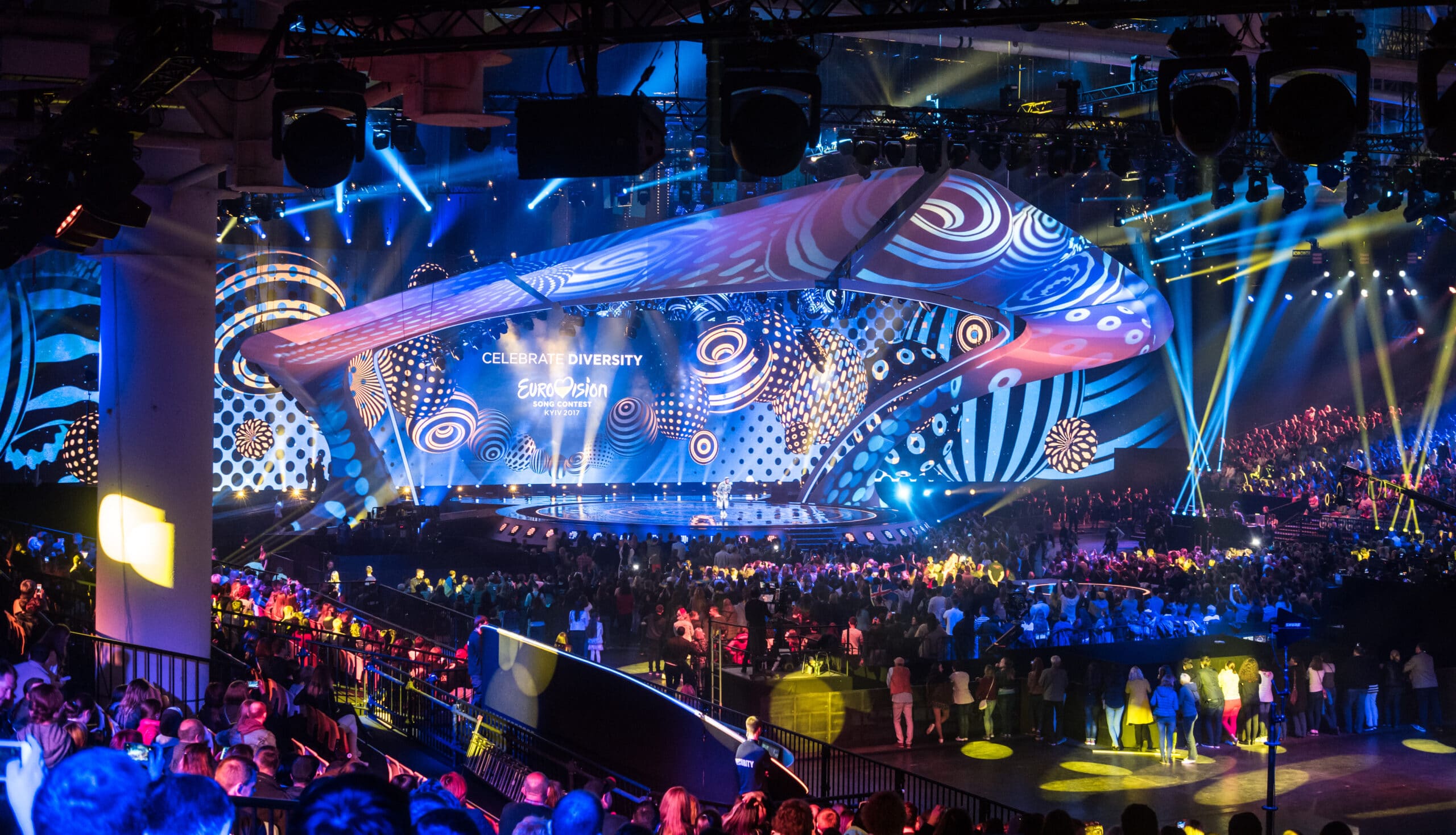Every business wants to be the first brand that pops into peoples' heads when it comes time to buy. But with so many brands vying for attention and customers seeing up to 5,000 ads a day, standing out can seem impossible.
So how can you break through all the noise? The answer lies in a little-known principle of psychology: the Mere Exposure Effect.
What is the Mere Exposure Effect?
Coined in the 1960s by social psychologist Robert Zajonc, the Mere Exposure effect is a principle that states when people are familiar with something, they prefer it. And given a choice of two options, they’ll prefer the one they’ve been repeatedly exposed to (even if it’s lower quality).
For example, a 2012 study of the Eurovision song contest discovered an interesting connection. The number of times an audience saw a contestant correlated with how many votes the contestant received.

It didn’t matter if the contestant wasn’t a great performer. As long as they were seen more by the audience, the contestant received more overall votes. Familiarity breeds affection for whatever act you're watching.
Just like the Eurovision voters, customers prefer something the more they see it. And the more they prefer something, the more likely they are to buy it.
The Mere Exposure Effect in the Real World
This all sounds fascinating, but what - according to the current research - does science say that Mere Exposure Effect can actually do? Here are a few examples:
1. “Mere Exposure” can drive desire
The Mere-Exposure effect can be a powerful marketing tool, but not in the way you’d expect. According to Zajonc, the effect can take place subliminally, and that’s when it’s most effective. (source) In other words, marketing doesn’t have to be noticed to have a powerful effect on a customer’s behavior — just being exposed to it is enough.
2. “Mere Exposure” can drive buying behavior
The Mere Exposure Effect can create a subconscious connection between a customer's need for a product and a specific brand or product through repeated exposure.
For example, if a customer sees a brand's logo, colors, taglines, or other brand assets consistently across different marketing channels like TV, social media, out of home, or video while they are experiencing a need (e.g. feeling thirsty) they may start to associate their need state with that brand (e.g. Coca-Cola).
By creating a strong and consistent connection between brand assets and a need state, the mere exposure effect can drive increased sales and customer loyalty.
How to use the Mere Exposure Effect Stay Top of Mind
There are two guiding principles to keep in mind when using Mere Exposure to your advantage:
Experiences need to be single-minded and consistent, to create customer memories. Focused creative needs to work in such a way that simply being exposed to the images drives a connection between a customer’s need state (thirsty) and the product (Coke).
For Mere Exposure to work, there must be consistency and simplicity. Having too many variations of creative elements can undermine your experience. Not only does it waste budget, but it can actually work against you in the long run.
Ways to Apply the Mere Exposure Effect to Your Experience
If you want to apply the Mere Exposure Effect but aren't sure how it might work for you, here are a few real-world examples of how to use it:
- Deploy suggestion engines that show more of the same brand’s customers have already shown an interest in.
- Use standard conventions when designing digital experiences. When the experience is already familiar, customers are more likely to prefer it.
- Create "drip campaigns" that use a consistent message to improve familiarity with your brand.
- Align your content calendars across channels and vary the core message and visuals as little as possible. You’ll still have to customize the message in each channel. But creating a consistent experience is vital for Mere Exposure to take hold.
🚀 Learn what makes buyers tick
Join 8k+ of world's best marketers from brands like Disney, Coca-Cola, Google who are learning marketing psychology in <5 mins a week.
The Bottom Line
In the end, customers trust what they already know. Getting them to know you takes time, money, and consistency in message. Ask yourself, is my business sending a consistent message in our marketing and customer experience? If not, how can we simplify and focus our experience, to take full advantage of the Mere Exposure Effect?
